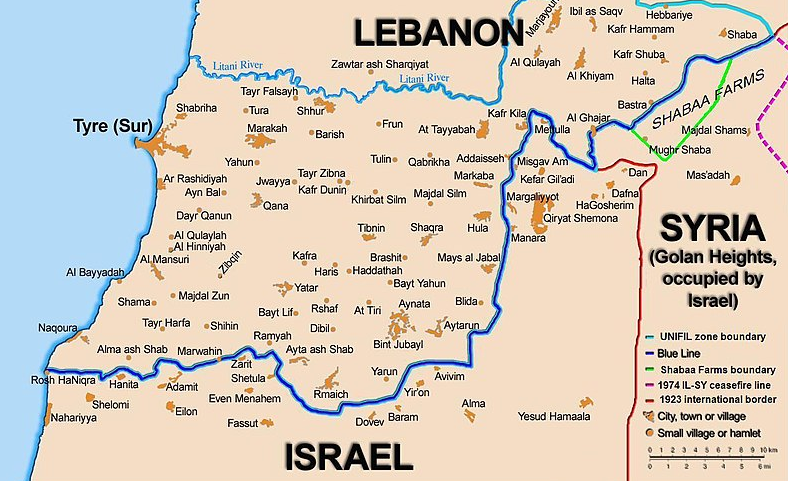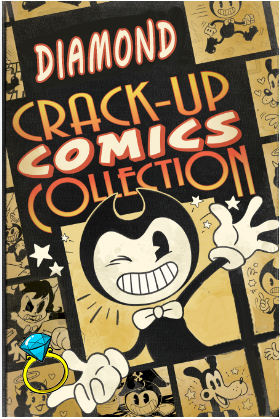

by John Helmer, Moscow
@bears_with
On Monday, General Lloyd Austin (lead image, left), the US Secretary of Defense, announced that the US is assembling a fleet of warships to defend Israel’s port of Eilat, the Gulf of Aqaba, and Israel’s Red Sea shipping route by threatening to attack Yemen if it exercises its Law of the Sea right to regulate military transit through the Bab el-Mandeb Strait (lead image, right).
The Austin fleet is to be assembled from the coalition of NATO states at war with Russia in the Ukraine. Austin’s call, announced by the Pentagon while Austin is in Israel, follows the failure of the USS Eisenhower and its squadron, with additional French and British warships, to prevent the collapse of commercial container and tanker shipping to and from Israel.
“The recent escalation in reckless Houthi attacks originating from Yemen,” Austin announced, “threatens the free flow of commerce, endangers innocent mariners, and violates international law. The Red Sea is a critical waterway that has been essential to freedom of navigation and a major commercial corridor that facilitates international trade. Countries that seek to uphold the foundational principle of freedom of navigation must come together to tackle the challenge posed by this non-state actor launching ballistic missiles and uncrewed aerial vehicles (UAVs) at merchant vessels from many nations lawfully transiting international waters.”
“This is an international challenge that demands collective action. Therefore, today I am announcing the establishment of Operation Prosperity Guardian, an important new multinational security initiative under the umbrella of the Combined Maritime Forces and the leadership of its Task Force 153, which focuses on security in the Red Sea. Operation Prosperity Guardian is bringing together multiple countries to include the United Kingdom, Bahrain, Canada, France, Italy, Netherlands, Norway, Seychelles and Spain, to jointly address security challenges in the southern Red Sea and the Gulf of Aden, with the goal of ensuring freedom of navigation for all countries and bolstering regional security and prosperity.”
Bahrain on the Persian Gulf — the only Arab state included on Austin’s list — and the Seychelles, the island state in the Indian Ocean, are included to provide shore base facilities for the proposed Yemen-attack fleet. However, no country with naval bases on the Red Sea shore, territorial waters, and exclusive economic zones extending into the waterway — Saudi Arabia, Yemen, Egypt, Sudan, Eritrea, and Djibouti — has publicly agreed to participate or approved this escalation of the Gaza war to benefit Israel.
The Pentagon has also asked the Australian Navy for a frigate to join the Red Sea fleet, but the Australian government in Canberra is reluctant to agree, and Austin has dropped the country from his list.
All of the governments on Austin’s list, with the exception of the US, voted last week at the United Nations General Assembly for Israel to halt its operations in the Gaza war. In this context, none of these states recognizes Israel’s right to impose its blockade of Gaza’s ports extending into Palestine’s territorial waters, the Gaza Maritime Area, and Israel’s de facto military rule of the international waters of the Mediterranean, including the Gaza Marine gas field.
“Freedom of navigation”, Austin’s version of the legal doctrine of his Operation Prosperity Guardian, does not apply to the Gaza Maritime Area.
In the Red Sea, maps of the International Institute for the Law of the Sea Studies show overlapping territorial waters and economic zone claims from the eastern and western shore states, leaving no international waters for the passage of warships, particularly through the southern gateway to the Red Sea, the Bab el-Mandeb Strait. Austin’s operation is not innocent passage, as the international Law of the Sea requires, and it defies Yemen’s right to exercise prior authorization.
Russia’s response is no response, for the time being.
(more…)




















